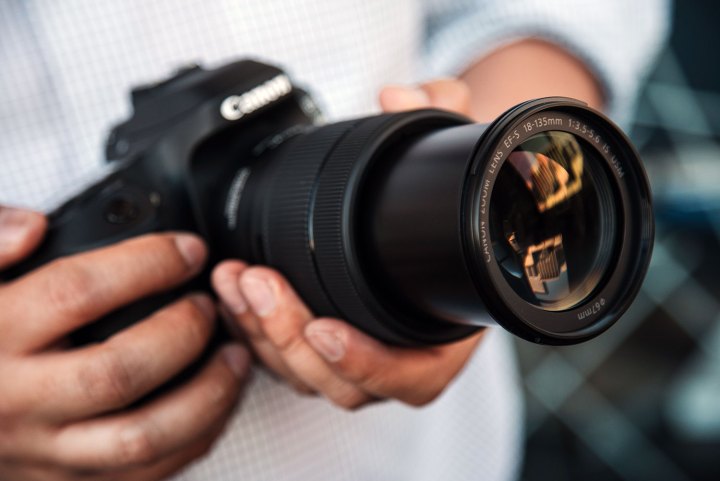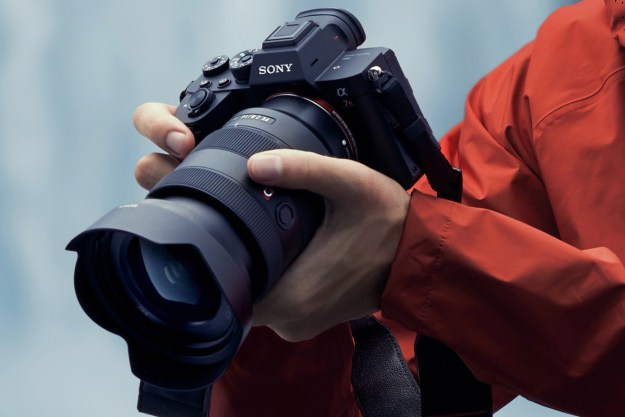
In speaking with Wired, Citizenfour director Laura Poitras, who signed the letter, described the fear she felt when filming NSA whistleblower Edward Snowden in Hong Kong. Authorities could have entered at any point, confiscated her camera, and had complete access to the footage on the memory card. “When you’re in the field filming and your camera is taken by authorities, that footage is completely vulnerable,” she said.
While Poitras transferred her footage to encrypted hard drives (and even destroyed the original SD cards afterwards), she feels that to be truly secure, encryption needs to start at the point of capture, inside the camera. Her concern has struck a chord with other filmmakers and photojournalists, especially those covering conflict zones or skirting beneath the radar of oppressive regimes. It’s certainly not unheard of for photojournalists to have their gear confiscated by government officials or simply stolen by thieves.
While encryption could go a long way to help journalists and protect their sources, implementing it is no small order. Encryption is a common feature on modern phones and computers, but camera companies unfamiliar with it would have to make a significant investment. Likely, the only reliable way to build in encryption would be through new hardware, as the bandwidth requirements of modern digital cameras don’t leave much overhead for additional encryption processing — unless photographers and filmmakers wanted to accept slower performance.
While it remains to be seen if the Freedom of the Press Foundation’s letter will have any effect, Nikon has at least responded saying that it is “constantly listening to the needs of an evolving market … and will continue to evaluate product features to beset suit the needs of our users.”
Editors' Recommendations
- One-to-one Microsoft Teams video calls can now be end-to-end encrypted
- The best point-and-shoot cameras
- Don’t upgrade your camera. It won’t make you a better photographer
- Where were all the cameras at CES? 2020 will see fewer, but better, releases
- Sony vs. Nikon: How to choose between two great camera brands




